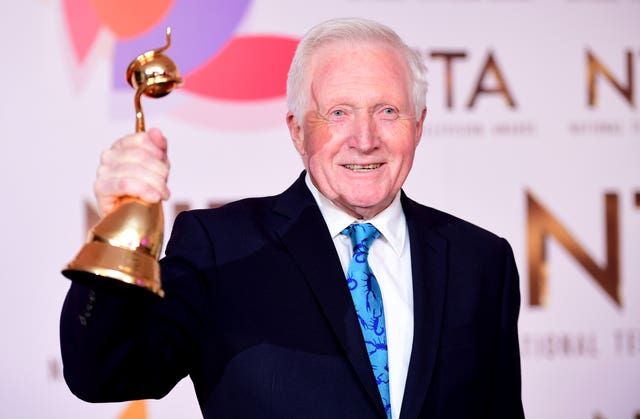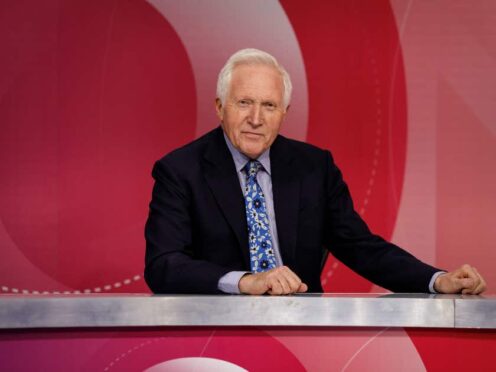David Dimbleby says he did not want to broadcast Diana, Princess of Wales’s famous interview with Martin Bashir “as such,” but added that he does not believe she was coerced into giving it.
The BBC recently vowed to never air the 1995 Panorama interview, in which Diana discussed her relationship with Charles and the reasons for their subsequent separation.
A inquiry led by Lord Dyson later found the broadcaster had covered up Bashir’s “deceitful behaviour” to secure his headline-making interview with Diana and “fell short of high standards of integrity and transparency.”
Dimbleby’s new series, titled In Days That Shook the BBC with David Dimbleby, goes behind the scenes to investigate major controversies that have affected the BBC and its viewers over the last sixty years.

The Diana interview is among the standout moments he explores, but former BBC journalist Bashir is notably absent from the series.
Speaking to the Radio Times, the 83-year-old former Question Time host said: “Showing the Diana interview is the one argument that I lost.
“My view – and I put it forcefully and regularly – was that I didn’t want to show the interview as such, although I believe it has historical validity, but that it underlined the BBC’s independence.
“I understand Prince William’s objections and the problem with how the interview was achieved, but I don’t believe Diana was coerced into giving it.
“You can see it in the interview. She clearly wants to say her part, she was not bullied or hectored into it.
“The clips show that what she was saying was genuinely meant.”

As well as the Bashir interview, the series looks at events including the “sexed-up” dossier concerning weapons of mass destruction in Iraq, the 2008 controversy sparked by Russell Brand and Jonathan Ross’s voicemail messages as well as the Jimmy Savile scandal.
Dimbleby revealed he decided to do the series two and half years ago when planning for the 100 years of the BBC as he thought it would be good to showcase how the BBC handles “threats and difficult issues” among the celebrations.
Asked if he loved the BBC, the veteran broadcaster added: “Love is an odd word.
“I think we need the BBC. It is the most important cultural institution of the UK.
“It reaches places no other institution reaches. It touches everyone.”
The full interview can be read in this week’s Radio Times.
